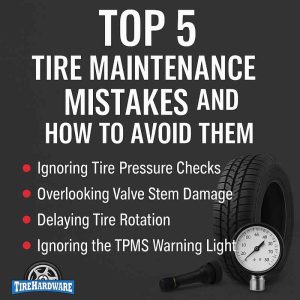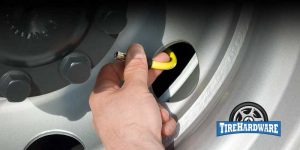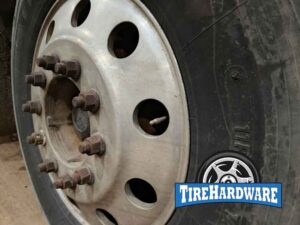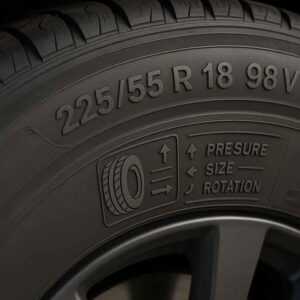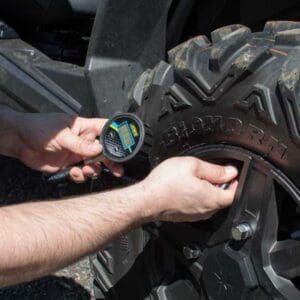When it comes to maintaining the health and performance of your vehicle, even the smallest components can make a significant difference. One such component, the tire valve, ensures your tires remain properly inflated. Among the various types of tire valves available, solid brass tire valves stand out for their durability and reliability. In this guide, we’ll explore the pros and cons of these brass tire valves and their primary uses.

What Are Solid Brass Tire Valves?
Solid brass tire valves consist entirely of brass, a metal alloy composed primarily of copper and zinc. This material offers excellent strength, corrosion resistance, and longevity. Use these valves in a variety of vehicles, from cars and trucks to motorcycles and bicycles, to provide a secure seal and prevent air leakage.
Pros of Brass Tire Valves
- Durability: Brass provides a robust material that withstands harsh conditions, making these valves highly durable. They resist cracking or breaking more effectively than plastic or rubber valves.
- Corrosion Resistance: One of the biggest advantages of brass is its resistance to corrosion. This property ensures the valve remains functional and intact even in extreme weather conditions and exposure to moisture.
- Longevity: Due to their durability and resistance to corrosion, solid brass tire valves last longer than their counterparts. This longevity can lead to cost savings over time since they do not need frequent replacements.
- Reliable Seal: Brass valves provide a more reliable seal, preventing air leakage and maintaining tire pressure more effectively. This contributes to better fuel efficiency and tire longevity.
- Aesthetic Appeal: Brass tire valves have a sleek, polished appearance that adds a touch of elegance to your vehicle’s wheels.
Cons of Brass Tire Valves
- Cost: Brass valves tend to cost more than plastic or rubber valves. The initial investment runs higher, which might concern budget-conscious consumers.
- Weight: Brass weighs more than plastic or rubber, which can be a minor issue for performance-oriented vehicles where every gram counts. However, for most everyday vehicles, this weight difference remains negligible.
- Installation: Installing brass valves can be slightly more complex and might require professional assistance to ensure a proper fit and seal.
Primary Uses of Solid Brass Tire Valves
- Automobiles: Solid brass tire valves work well in cars, trucks, and SUVs due to their durability and ability to maintain tire pressure over long periods. They remain especially popular in high-performance and luxury vehicles.
- Motorcycles: Motorcyclists often prefer brass valves for their reliability and aesthetic appeal. Maintaining correct tire pressure is critical for motorcycle safety, and brass valves provide peace of mind.
- Bicycles: Brass valves also work well in high-end bicycles, particularly for those used in competitive racing or long-distance touring. The secure seal and durability ensure optimal performance.
- Commercial Vehicles: Heavy-duty trucks and commercial vehicles that travel long distances and carry heavy loads benefit from brass tire valves’ durability and reliability.
Conclusion
Solid brass tire valves offer durability, reliability, and longevity. While they may come with a higher initial cost and slightly more complex installation, the benefits often outweigh these drawbacks. Whether you drive every day, ride a motorcycle, or cycle, investing in these tire valves can contribute to better tire performance and peace of mind.
By understanding the pros and cons and knowing the primary uses of solid brass tire valves, you can make an informed decision that best suits your needs. Equip your tires with quality valves to enjoy a smoother, safer, and more efficient ride.








